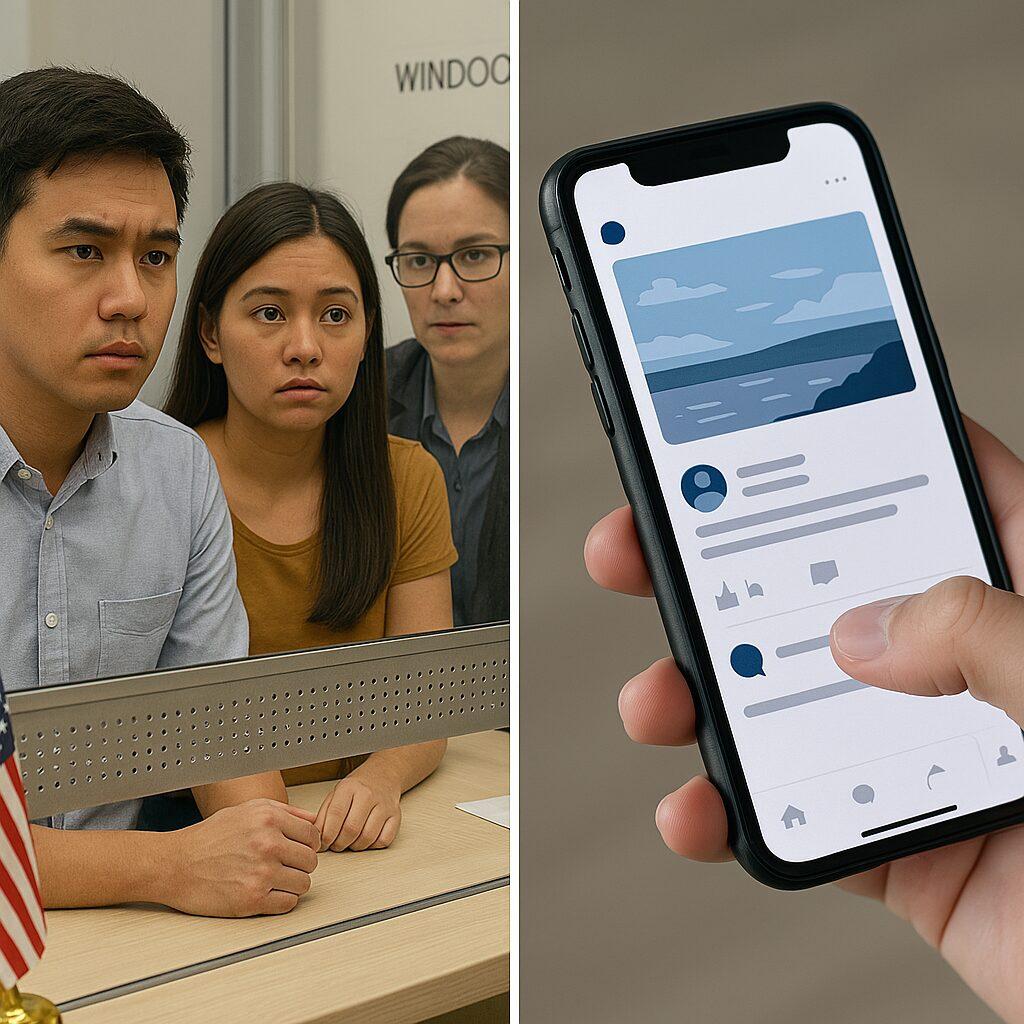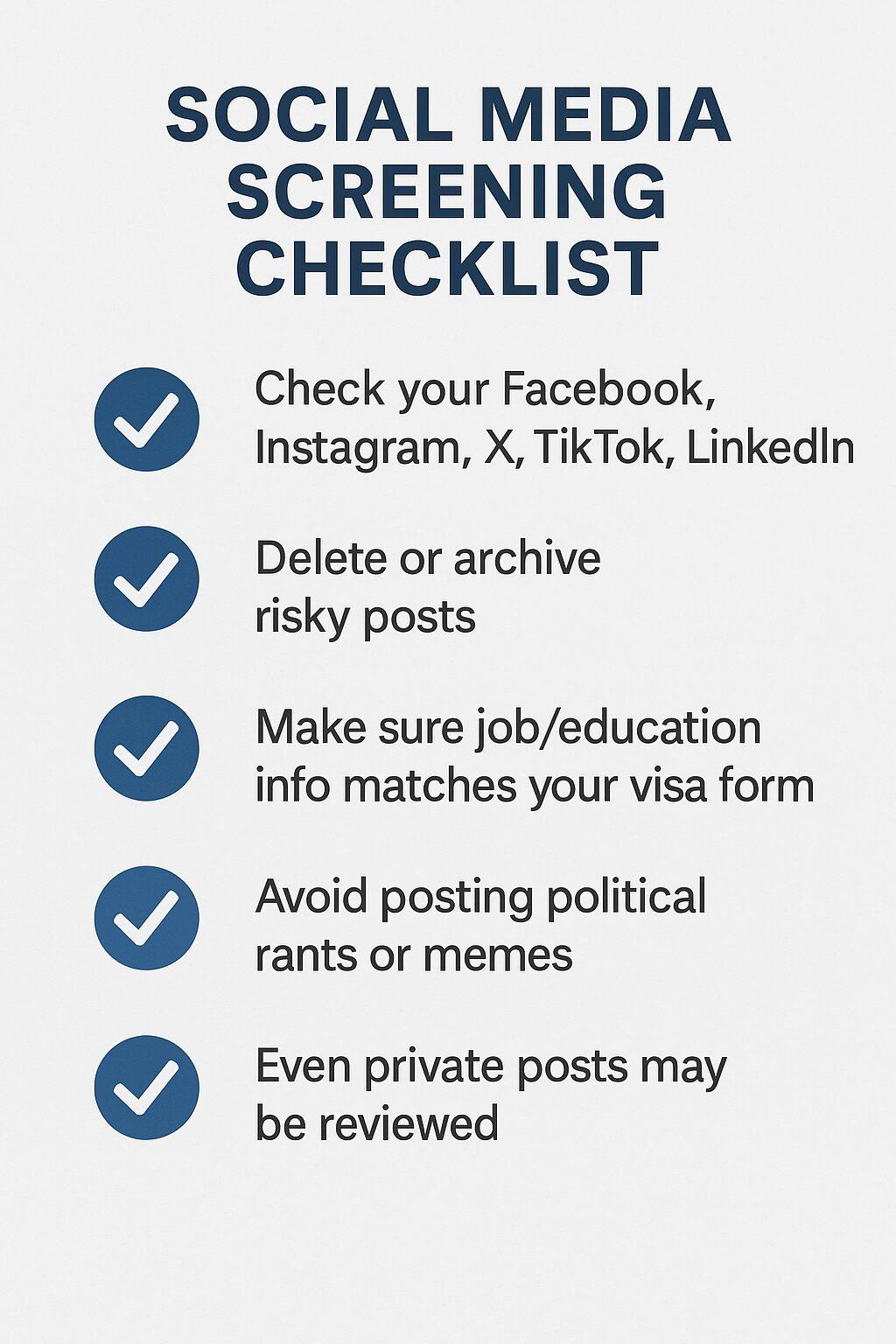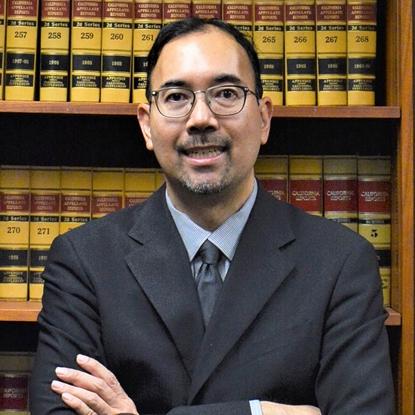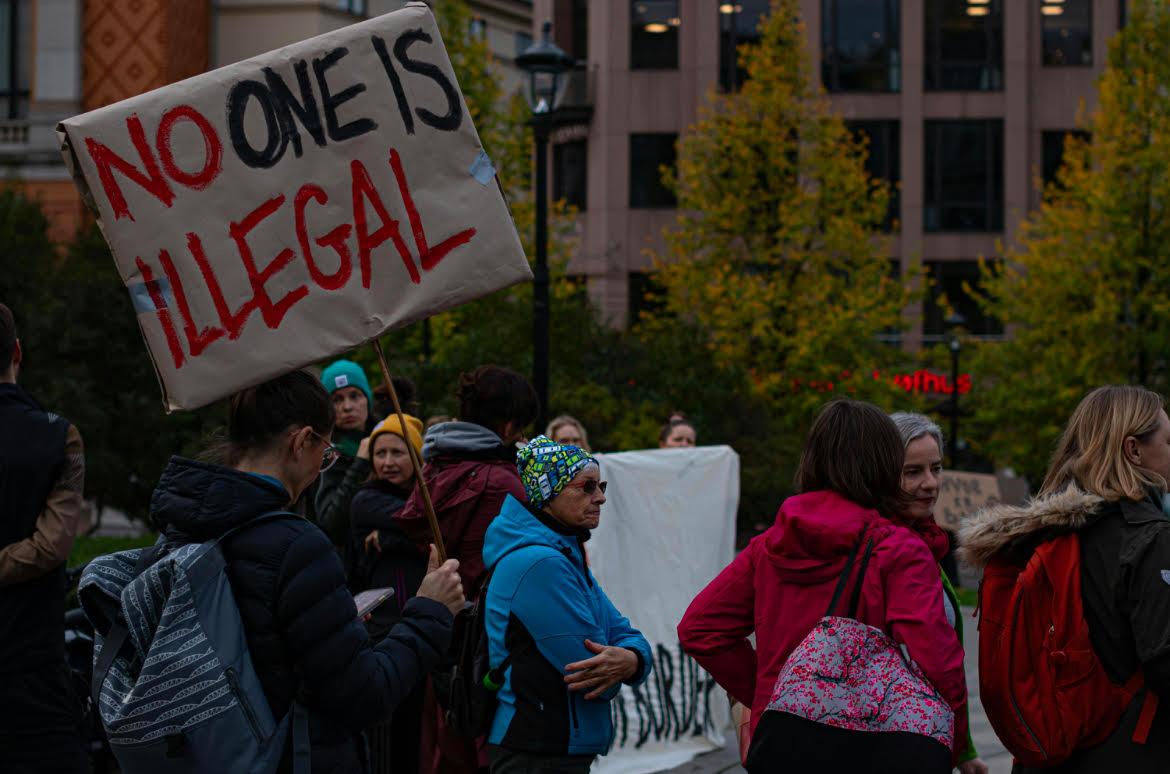Under Secretary Marco Rubio’s directive, the U.S. now reviews social media for all visa applicants—including tourists, workers, students, and family-based beneficiaries. Over 300 visas already revoked.
WASHINGTON, D.C. — Whether you’re planning to study, visit, work, invest, or reunite with family in the United States, your social media activity could now determine whether you’re allowed entry.
Under a directive from U.S. Secretary of State Marco Rubio, the State Department has instructed embassies and consulates around the world to intensify their screening of visa applicants’ digital activity, especially content considered hostile to U.S. interests or values.
The U.S. government has implemented a program known as “Catch and Revoke,” combining artificial intelligence with human vetting to analyze the online presence of visa applicants. This includes their public posts, affiliations, likes, shares, and even deleted content.
Rubio Confirms Over 300 Visas Revoked
Rubio announced in March that more than 300 student visas have already been revoked. He emphasized that the U.S. will act preemptively to bar individuals who display what the government interprets as extremist or anti-American sentiment—especially those expressing support for groups like Hamas.
“We’re not going to wait until someone acts out on our soil,” Rubio said. “If the warning signs are there—even on social media—we will act.”

Expanding Beyond Students: All Visa Categories Now Under Review
While the initiative initially focused on international students, the scope has expanded to include tourist visas, work visas, investor visas, and family-based immigration. All visa applicants are now expected to disclose their social media handles for the past five years.
Here’s how it affects major visa categories:
- Tourist Visas (B-1/B-2)
Planning a vacation or family visit to the U.S.? Consular officers may now review your social media for content that contradicts your stated travel intent, shows intent to overstay, or raises security concerns. Even a joke about “not coming back” could raise a red flag.
- Student & Exchange Visas (F, J)
Students like Rumeysa Ozturk (Tufts University) and Mahmoud Khalil (Columbia University) were recently detained after their online activity during pro-Palestinian protests was flagged. These cases show how social media can now lead to visa cancellation—even for those already in the U.S.
- Family-Based Visas
U.S. citizens and green card holders (the petitioners) sponsoring spouses, parents, or children must be aware that the visa applicants (beneficiaries) may be subject to social media screening. If the applicant’s online activity suggests misrepresentation, security risks, or political extremism, their visa may be delayed or denied.
- Employment-Based Visas (H-1B, L-1, O-1, etc.)
Professionals applying to work in the U.S. must ensure their public profiles reflect consistency with their job titles, qualifications, and employer information. Any political content or affiliations seen as controversial could delay processing.
- Investor & Business Visas (E, EB-5, etc.)
Entrepreneurs and investors should make sure their online presence matches the business claims made in their applications. Inconsistent timelines, false affiliations, or political posts could lead to heightened scrutiny.
U.S. Embassies Caution: “A Visa is a Privilege, Not a Right”
U.S. embassies in several countries have echoed the message that social media is now part of your background check.
Applicants are being warned:
“Think before you post. A visa is a privilege, not a right.”
For Filipino Families and Applicants: What You Should Do Now
The Philippines ranks among the top countries for U.S. visa applicants. Whether you’re applying for a tourist visa, joining family, studying, or working abroad—your social media presence is now a critical part of the process.
Tips for Visa Applicants:
- Review Your Social Media: Look back at posts, shares, comments, and public interactions from at least the last five years.
- Remove Risky Content: Delete anything that could be misinterpreted as offensive, extremist, or inconsistent with your visa type.
- Be Consistent: Your employment, education, and family details online should match what you declare in your visa application.
- Don’t Rely on Privacy Settings: Even private or deleted content may be accessible through government screening tools.
- If in doubt, consult an immigration lawyer.
Civil Liberties Groups Raise Concerns
Advocacy organizations argue that this approach could violate freedom of expression and lead to disproportionate targeting of individuals from politically sensitive regions. But the U.S. government maintains the policy is crucial for national security.
BOTTOM LINE: Before You Apply—Audit Before You Post
Whether you’re headed to the U.S. for study, a dream vacation, a job opportunity, or to join loved ones, remember:
Your online voice is now your immigration voice.
Clean up your digital profile—then submit your application.






